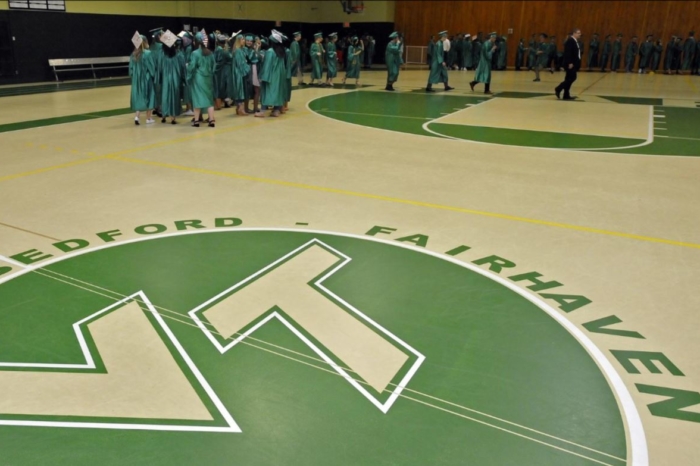More students, employers need to benefit from voc-tech schools’ winning formula
This op-ed appeared in Commonwealth Magazine and New Bedford Standard Times.
A recent visit to Greater New Bedford Regional Vocational Technical High School demonstrated why career and technical high schools are rightly considered a Massachusetts success story. But it also serves as a reminder that we must not let them become victims of their success.
Greater New Bedford Regional Voc-Tech gets most of its 2,139 students from New Bedford, though it also serves Dartmouth and Fairhaven. It can’t keep up with demand, with about 700 students on the wait list. Twice that many students and their parents attend when the school holds an open house.
Greater New Bedford Regional Voc-Tech is the most sought-after secondary school in New Bedford, ahead of both New Bedford High and the City on a Hill Charter High School. The voc-tech’s approach of alternating weekly between academic material and hands-on technical training is not for everyone. But those for whom it’s a fit and who choose this option graduate from Greater New Bedford Voc-Tech both college- and career-ready.
During my visit, it was easy to see why the school has prospered. For instance, its leaders are proud of a high-tech ambulance simulator purchased with a grant from the Baker administration. It allows an instructor to control a number of functions on a patient simulator, such as blood pressure and heartbeat, to give students real-time, realistic emergency medical technician training.
Just after my visit, Greater New Bedford Regional Voc-Tech earned wider recognition when it won several awards at the national leadership conference of Business Professionals of America, one of the nation’s leading career technical student organizations.
The power of choice is an important factor in the success of this and other voc-tech schools. Students and their families are motivated to pursue an educational approach that they believe to be a good fit. Voc-tech entrance criteria further help ensure that the school and student are a good match.
Statewide, regional voc-tech dropout rates are a third of those of comprehensive public high schools. Two-thirds of graduates pursue higher education, and their scores on state tests match or surpass those of traditional high school students. Graduation rates are also 24% higher than those of their traditional high school counterparts, an attribute that is particularly important in New Bedford, where the district’s graduation rate of around two-thirds is among the lowest in Massachusetts.
The use of entry criteria that can include middle school grades and attendance certainly may explain some of the achievement outcomes at voc-tech schools, especially those that are oversubscribed. But these schools nonetheless have established themselves as quality programs where students thrive.
In addition to a high rate of students moving on to higher education, a Northeastern University survey of business owners and others found that career and technical graduates are more job-ready than other high school graduates. In these circumstances, it should come as no surprise that there are about 4,500 Massachusetts students on career and technical high school wait lists.
Unfortunately, educators and policy makers sometimes mix up their priorities, protecting the interests of schools that haven’t done as well at the expense of those that have. Career and technical high schools provide students with opportunity and fuel the state economy by filling important workforce needs. New Bedford’s public schools, however, no longer allow Greater New Bedford Regional Voc-Tech school personnel to make presentations to their eighth graders.
Career and technical high schools have been a resounding success in Massachusetts. As such, state policy makers should focus on developing plans to allow them to clear their wait lists. Rather than punishing these schools, we should focus on ways to let more students and employers benefit from what has proven to be a winning formula.
Get Updates on Our School Choice Research
Related research:




